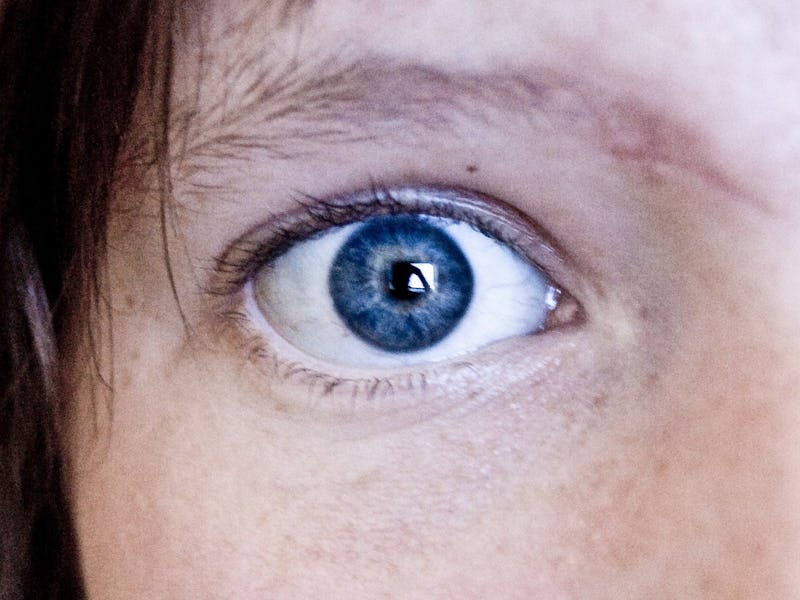A Controversial Stem Cell Treatment Reversed Blindness, but We Don't Know Why
Whatever these stem cells are doing, it seems to restore vision.

Renegade Florida ophthalmologist Jeffrey N. Weiss, Ph.D., has successfully used stem cells to restore a blind woman’s eyesight, but we can’t expect vision loss to become obsolete just yet. Unfortunately, Weiss, an independent researcher, isn’t entirely sure how his treatment worked. It just did.
The procedure, which took place at Johns Hopkins Hospital, consisted of Weiss extracting stem cells from a legally blind woman’s bone marrow and injecting them into two areas: her right eye’s retina and her left eye’s optic nerve. Describing his work in the journal Neural Regeneration Research, Weiss explains that, six months after her procedure, his patient was considered to be “near vision” — not completely cured, but, at the very least, able to see license plates on cars and travel without a cane. It’s a remarkable result, albeit a mysterious one.
At most, Weiss’s paper attempts to “postulate several potential mechanisms for the visual improvements.” That seems reasonable enough given that there’s published research showing that it’s possible, for example, that the bone marrow stem cells are secreting protective growth factors or differentiating into sight-giving cells. But, Weiss writes, the whole point of his study is to help figure out what stem cells can do to cure eye disease. The procedure is a medical, not scientific, breakthrough.
Weiss is a controversial figure in the stem cell world because he isn’t actually affiliated with any academic institutions. He’s been conducting his research independently in an NIH-registered clinical trial known as the Stem Cell Ophthalmology Treatment Study, or SCOTS. Usually, getting the NIH to approve clinical studies on drugs is a huge pain in the ass, but because stem cells don’t count as a drug per se, Weiss was able to move forward quickly. And because his study is an independent one (in this case, sponsored by the Retina Associates of South Florida), Weiss isn’t tied down by the rigorous standards and methods most scientific studies require — like, say, trying out his paradigm on animals first or testing the safety of his procedure.
Weiss hasn’t made any promises, but people have been handing over roughly $20,000 apiece to be his guinea pigs — and getting decent returns on that investment.
Weiss told the Baltimore Sun that 60 percent of the 278 blind patients he’s treated similarly as part of his research have managed to regain some vision. Weiss’ work is important because it’s pushing the frontiers of science well beyond what we even think is possible.